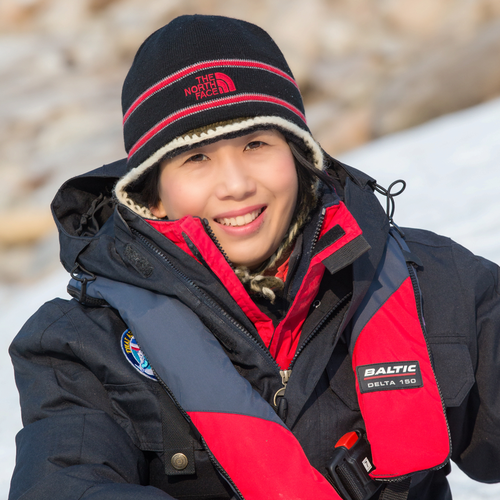Thailand gains research base in Antarctica

Thailand has sent scientists to join the Chinese National Antarctic Research Expedition since 2016. Now a China-Thailand research base in Antarctica has been set up at China’s Great Wall Station.
Thailand cannot go to Antarctica alone because the kingdom is not a member of the Antarctic Treaty, signed in 1959. China, South Korea, Japan, and India are the four consultative parties to the treaty from Asia.
SCMP science reporter Holly Chik investigates Chinese-Thai cooperation in Antarctic research.
Marine biologist Suchana Chavanich went to Antarctica with a Chinese team in 2013. Diving in a place as remote as China’s Great Wall Station is dangerous, but it’s important to observe how life goes on underwater.

Suchana, an associate professor at Bangkok’s Chulalongkorn University said…
“Antarctica is a good place for all because of collaborations and help to each other. There’s no boundary.”
Thailand has sent scientists to join Chinese expeditions since 2016. China covers expenses at its research base in Antarctica, providing freezer suits, accommodation and food. A China-Thailand joint laboratory has now been set up at the Great Wall Station for Thai scientists.
Suchana said…
“Even though we don’t have our own research base in Antarctica, we have our small lab. In the past, we could only collect the samples, bring them back to Thailand and process the data. But now we can do some small experiments there and get more accurate data.”
Scientists at the poles are there to study the amplified effects of climate change. Carbon dioxide and pollutants ended up at the two poles, which act as sinks because of the Earth’s rotation and wind patterns. The South Pole has warmed by more than three times the global average rate since 1989, driven by warm ocean temperatures in the western tropical Pacific Ocean.
In Antarctica, Suchana found more parasites on fish than five years previously, an indicator of more diseases under higher temperatures, as well as starving fish.
She said…
“They usually eat krill, but now they eat anything – we found crabs and other kinds of small animals in their stomach. Krill stay under the ice. If there’s no ice, the krill disappear.”

She said…
“Unfortunately, during the past two years, because of Covid-19, we stopped sending people there. We will resume next year in December when it’s summertime in Antarctica.”
Latest Thailand News
Follow The Thaiger on Google News:


























